The Alliance for Gender Equality and UHC
The Alliance for Gender Equality and Universal Health Coverage (UHC) was originally formed in March of 2019 to advocate for gender equality, women’s rights, and sexual and reproductive health and rights (SRHR) at the 2019 High Level Meeting on UHC. The Alliance continues today as a space for collaboration and coordinated advocacy of over 165 member organizations representing 58 countries to push for gender responsive Universal Health Coverage (UHC) in policies, programs, and dialogue.
The Purpose of this Alliance is to drive collaboration and coordinated advocacy for gender-responsive UHC policies, program, and dialogue; including, but not limited to SRHR.
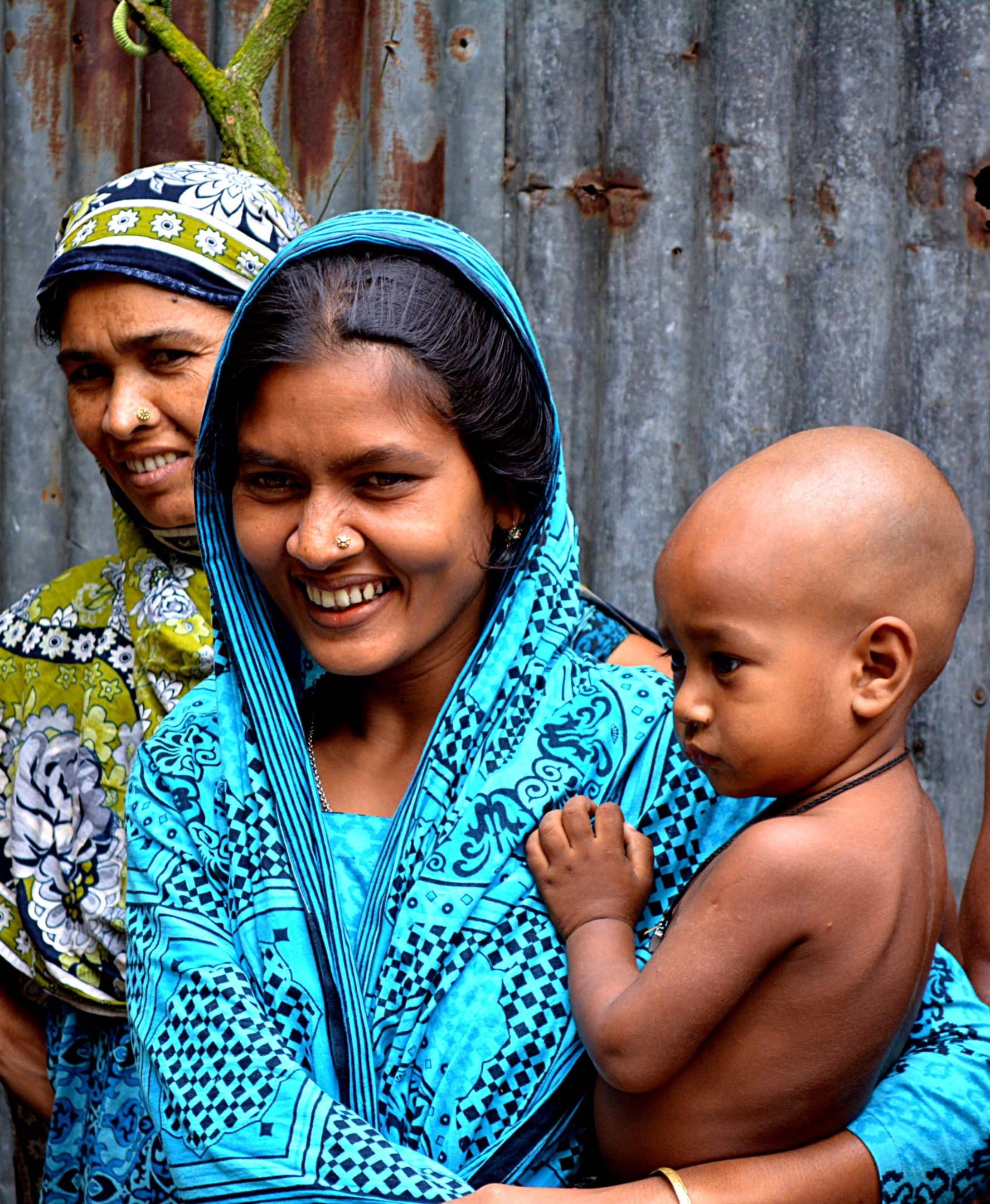
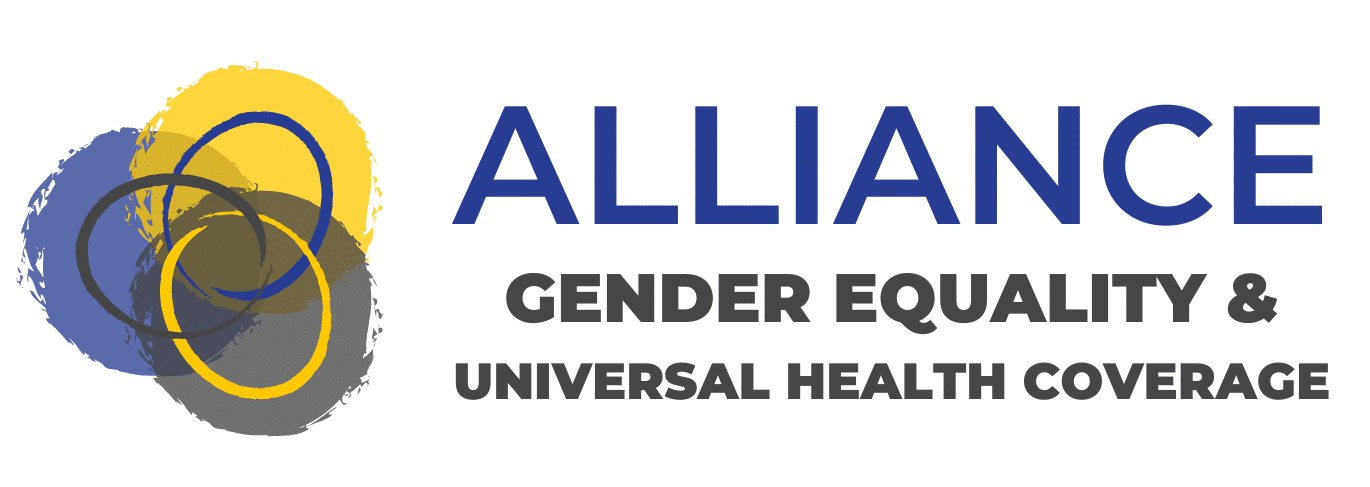
History:
Since its inception, the Alliance has been successful in increasing awareness and interest about gender and sexual and reproductive health rights (SRHR) in the UHC space through events and by building strong relationships with member states and delegates through negotiation processes.
The Alliance led advocacy at the United Nations that was crucial to the inclusion of language surrounding gender equality and SRHR in the final version of the UHC Political Declaration, in addition to a joint statement by The Netherlands and 58 countries voicing strong support for SRHR as a “cornerstone of UHC.”
The Alliance also successfully campaigned for UHC 2030 to expand upon their 6 key asks to include a 7th component focused solely on gender equality, which has been included in all of their advocacy programming since December of 2019 in support of implementation of the agreement.
The Alliance continues its collaborative work to maintain momentum for gender-responsive UHC at all levels; to support implementation of the political declaration at national level; and to amplify work of its members. It has been organizing side events,publishing articles and conducting campaigns during key global health moments.
Co-conveners:

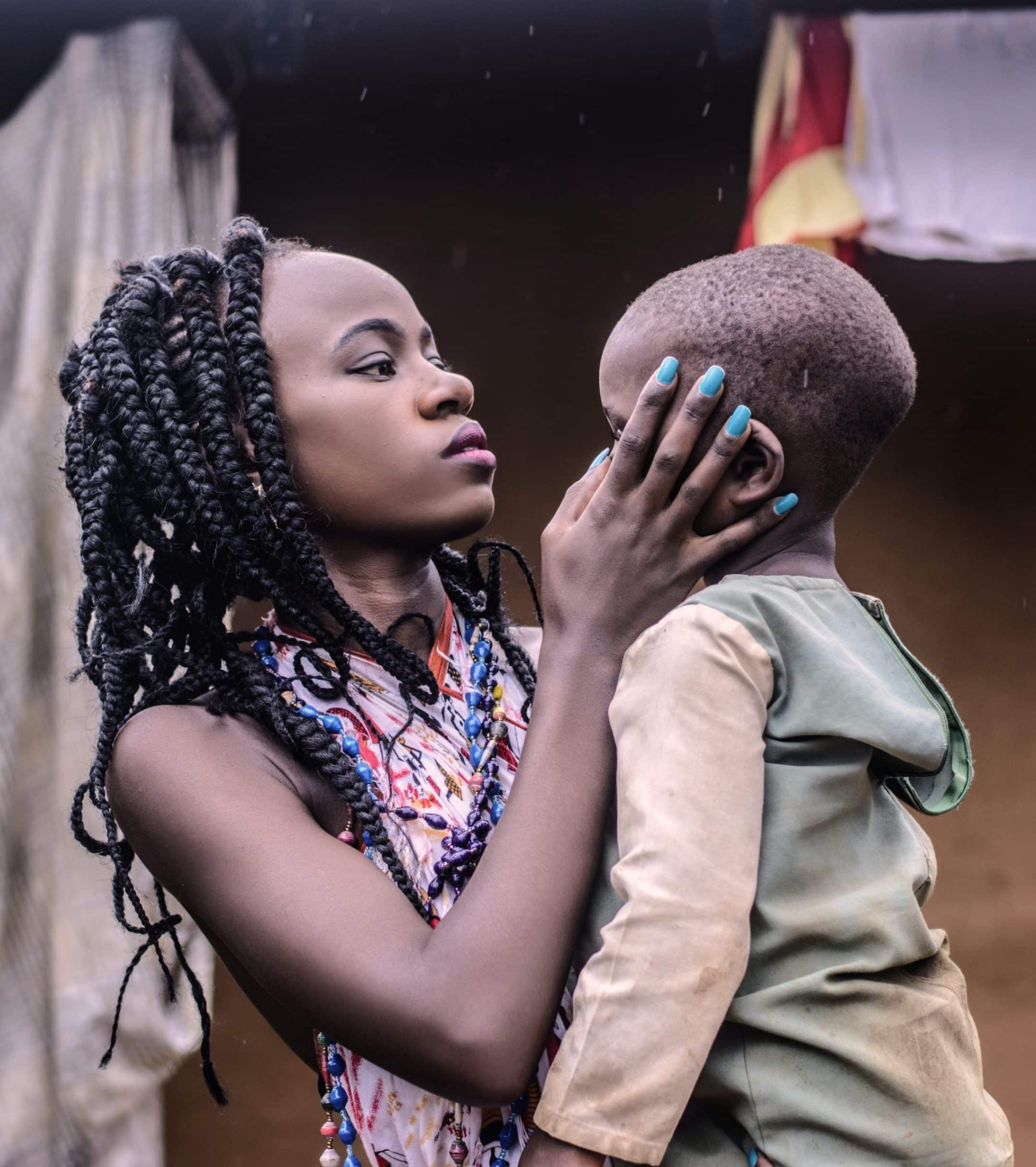
Members of this group advocate for the following:
- Universal Health Coverage policies and programs that uphold and advance human rights and gender equality, including meaningfully incorporating a gender lens in health policy making, implementation and monitoring.
- Universal Health Coverage policies and programs that address the specific needs of women, girls, adolescents and marginalized groups across the life course by:
- Involving women, girls, adolescents and marginalized communities, including people living in poverty, people with disabilities, migrants, Indigenous people, ethnic and racial minorities, LGBTQI+ communities, and other groups in the design, monitoring and implementation of UHC programs.
- Respecting human rights in UHC policies, ensuring that health services are available, accessible, acceptable, affordable and of high quality for all people, and taking positive measures to eliminate stigma, discrimination, violence and coercion within them;
- Ensuring that a full range of services that women, girls, adolescents and marginalized groups needs are included in essential benefits packages, including in particular sexual and reproductive health services. These should include: accurate information and counselling on sexual and reproductive health; information, counselling, and care related to sexual function and satisfaction; prevention, detection, and management of sexual and gender-based violence and coercion; a choice of safe and effective contraceptive methods; safe and effective antenatal, childbirth, and postnatal care; safe and effective abortion services and care; prevention, management, and treatment of infertility; prevention, detection, and treatment of sexually transmitted infections, including HIV, and of reproductive tract infections; and prevention, detection, and treatment of reproductive cancers;
- Addressing gender-related barriers to access to UHC and use of health services, including gender inequality and discrimination against women and girls, social norms and practices, lack of information, education and lack of bodily autonomy and decision-making power, lack of access to financial resources, and discriminatory and punitive laws and policies.
- Taking into account and addressing other social determinants of health, such as poverty, food and nutrition security, water and sanitation and other environmental and occupational factors;
- Addressing weaknesses in health systems that put access to services out of reach or result in inappropriate, inaccessible, or inadequate services, and/or poor quality of care; and
- Addressing health workforce dynamics, including recognition of women as drivers of health (70% health workforce), gender inequities in the health workforce and the impact of the disproportionate burden of unpaid care on women and girls.
- The recognition that governments have a primary responsibility to fulfill the right to the highest attainable standard of physical and mental health, including through the establishment of strong public health systems that includes universally available and accessible primary health care services and mechanisms for accountability.
- Financing mechanisms that actively reduce inequities.
Membership criteria:
- Membership is open to not-for-profit/civil society advocacy stakeholders who support the guiding principles above.
- The group will consult and coordinate with stakeholders from governments, multilateral agencies, donor communities, and the private sector as appropriate, but priority and strategy setting will be driven by civil society advocates.
- Members must be actively engaged in advocacy for gender equality, health for all, and/or human rights.
- Members must be committed to:
-
- Promoting SRHR;
- Inclusion of all people of all gender identities and expressions;
- An intersectional approach to gender equality;
- Create a learning space where leadership is shared, contributions are valued, questions are encouraged and self-reflection is fostered; and
- An understanding of the links between our diverse issues and perspectives and to ensure we are not trading or prioritizing the rights of one over another.
The Alliance is an inclusive and safe space and strategies and discussions will not be forwarded beyond the group.
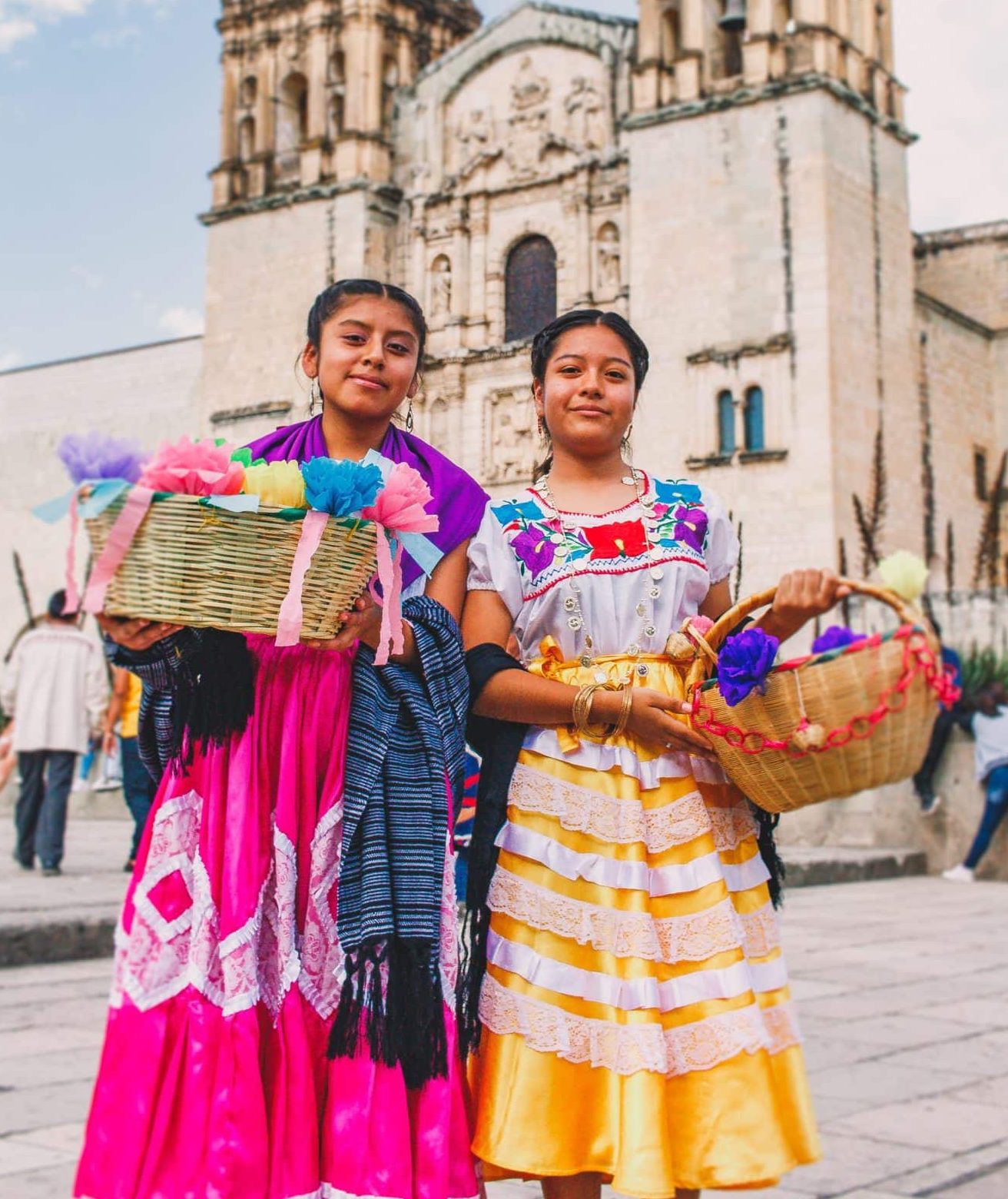
Ways of Working:
- Coordination, information-sharing, and dialogue through email list-serve.
- Periodic calls and/or in-person meetings to brainstorm and set strategy.
- Coordinated outreach to political decision-makers and influencers to share policy asks.
- Consideration of coordinated engagement in key moments, convenings, events.
- Coordinated advocacy to spread key messages through social media, webinars, publications etc.
- Participation in advocacy coalitions such as CSEM and UHC2030.
- Consideration of coordinated engagement in key moments, convenings, events, making joint statements.
- Members will work together on gender equality, women’s rights and UHC and continue to work separately on their own organizational mandates.
- Messaging and advocacy will be focused on bringing a multiplicity of civil society voices to UHC design, policy, and decision-making, and bringing a perspective that is additive to make UHC stronger and more inclusive.
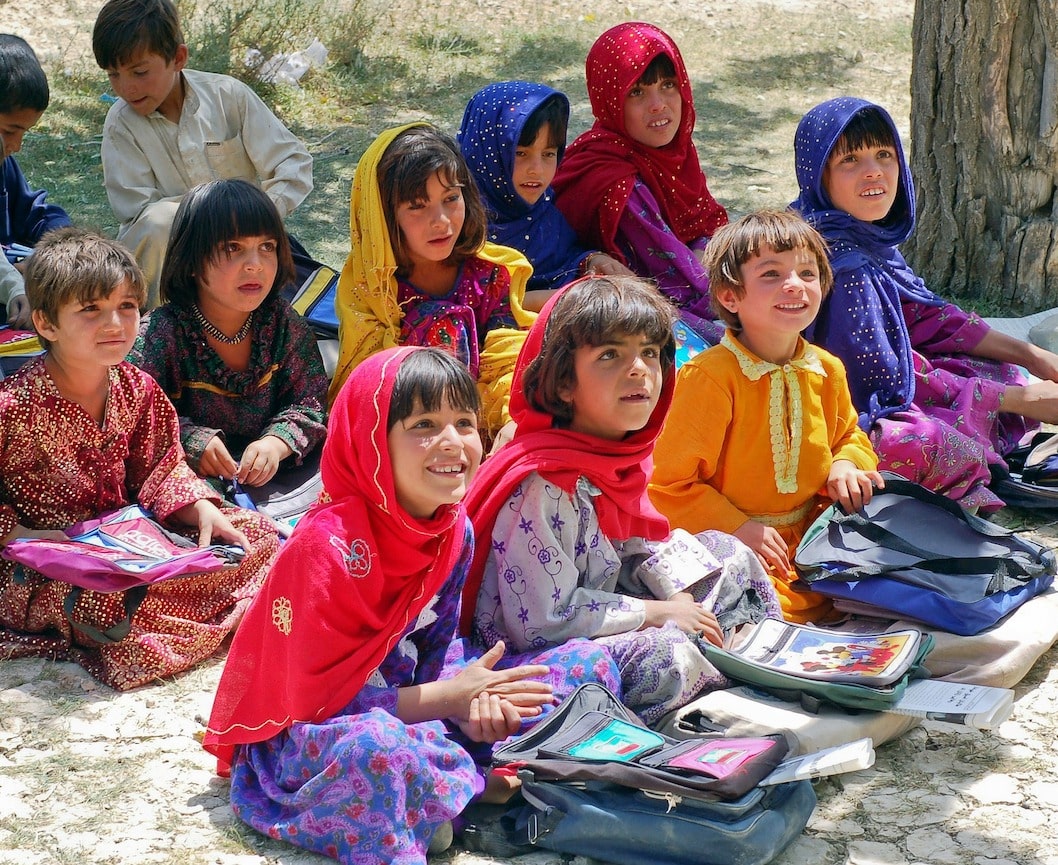
Outputs:
- Coordinated draft language for the UHC HLM Political Declaration.
- Coordinated advocacy/ follow-up on final UHC HLM Political Declaration.
- Coordinated outreach to member-states and other key decision-makers and influencers.
- Coordinated advocacy messaging, including talking points, interventions and social media posts.
- Monitoring of political processes and information sharing among members.
- Opt-in group statements.
- UHC Day Twitter Campaign.
